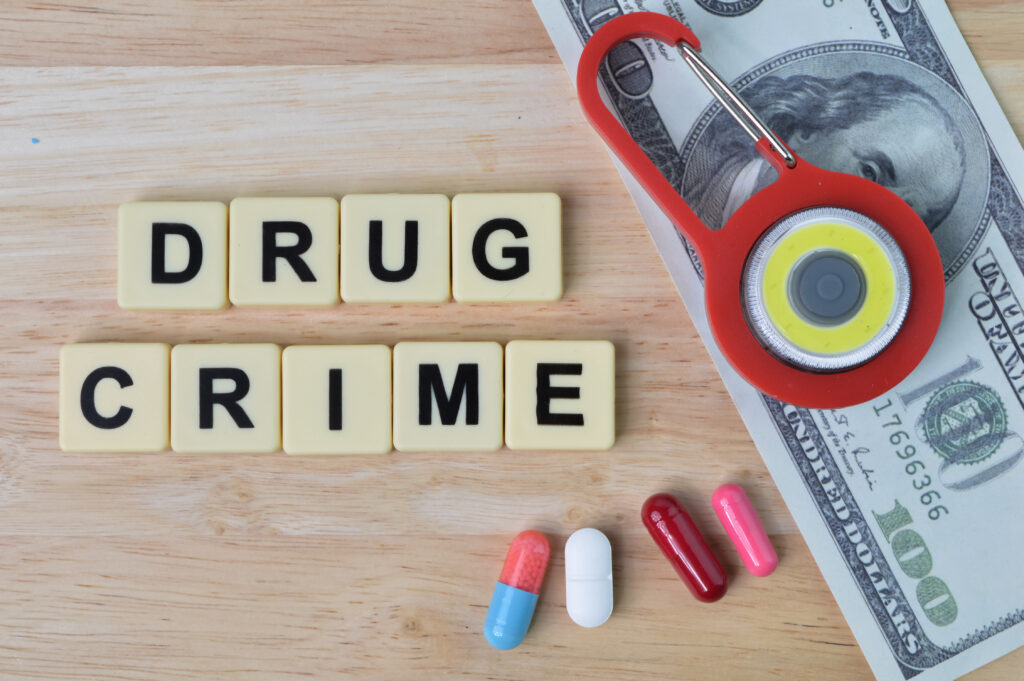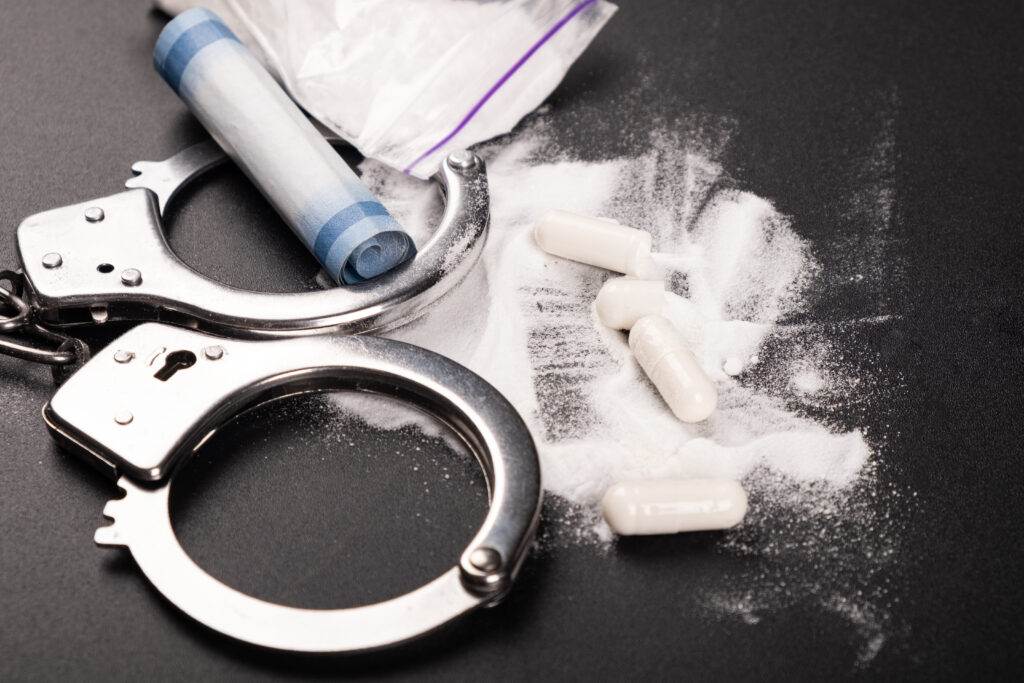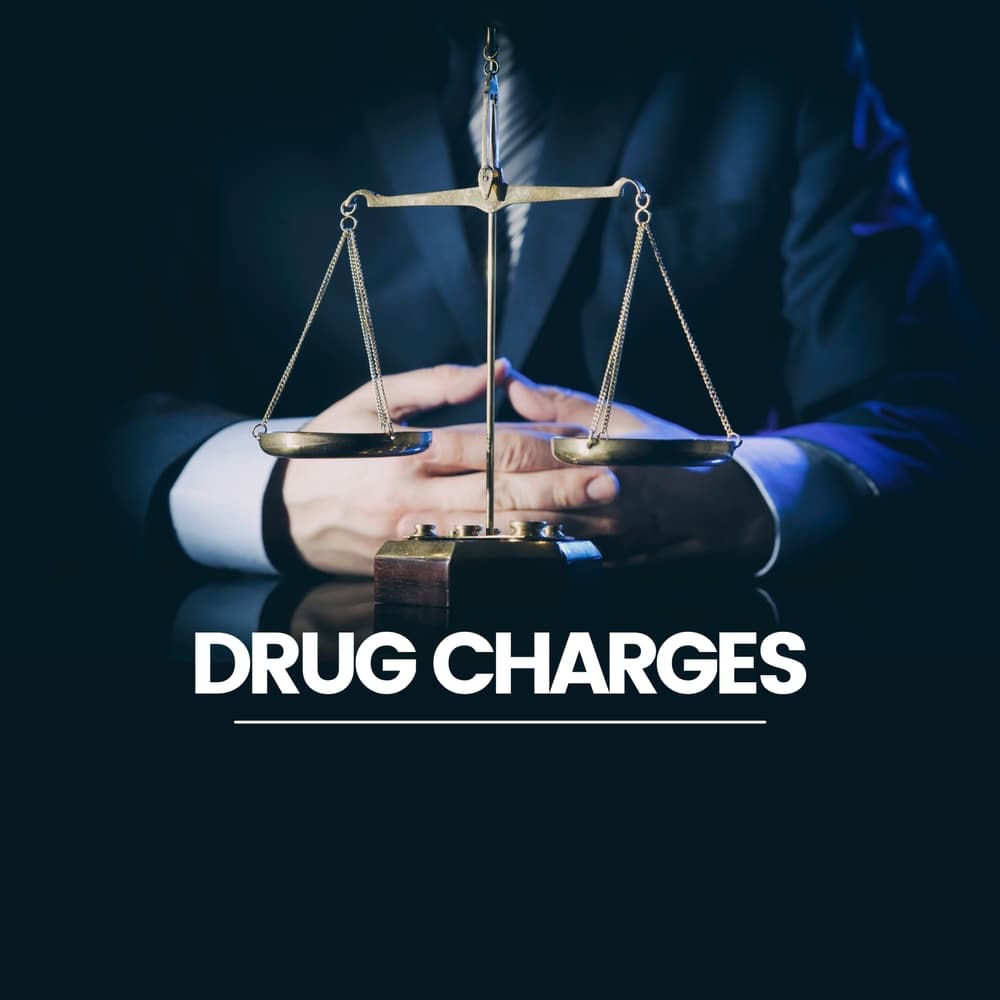The most effective strategies for fighting a drug paraphernalia charge involve questioning the legality of the police search, challenging the definition of the object itself, and scrutinizing the prosecution's ability to prove you knowingly possessed it. Remember, a charge is an accusation, not a final judgment, and the path to a defense is clearer than it first appears.
A conviction under California Health & Safety Code § 11364 leads to a misdemeanor on your record, fines, and probation. The prosecution only needs to show you possessed an item you knew was for illegal drug use. This feels daunting, as the definition of paraphernalia is broad and includes many common household items.
However, the law has specific requirements the police and prosecution must meet. Many items have perfectly legal uses, and the entire burden of proof is on the state to demonstrate your intent beyond a reasonable doubt. This means there are clear pathways to challenge the charge and protect your record.
If you have a question about a drug paraphernalia charge, our team at Chudnovsky Law is available 24/7 to listen. Call now at (213) 212-5002 for a consultation. We provide services in Spanish, French, Italian, Amharic, Hebrew, and Portuguese.
Key Takeaways for Contesting a Drug Paraphernalia Charge
- The search may have been illegal. If police violated your Fourth Amendment rights during the stop or search, the paraphernalia evidence is suppressed, which usually causes the case to be dismissed.
- Possession is not always obvious. The prosecution must prove you had direct control and knowledge of the item, a difficult task when paraphernalia is found in a shared car or home.
- An object's use requires proof of intent. Many items have legal uses, and the state must prove beyond a reasonable doubt that you intended to use the object for illegal drug activity.
What Does the Prosecution Actually Have to Prove?
You have been charged, but the charge itself feels vague. What does it legally mean to possess "paraphernalia"?

The legal definition is broad, covering any "equipment, product, or material" intended for using, manufacturing, or concealing a controlled substance. This ambiguity makes you feel like you have no defense, especially if an object was found in your car or home. It is easy to see how a simple set of scales or small plastic baggies could be misinterpreted.
The state must build a case that satisfies each of the following points:
- Element 1: Control or "Possession." The prosecutor has to show the item was under your control. As we will discuss later, it’s not enough for it to simply be in the same room or vehicle as you. They must connect the item directly to you.
- Element 2: The Item is Paraphernalia. An object is not automatically paraphernalia. A simple glass pipe could be for tobacco, and a plastic baggie is just a baggie. The prosecution must prove it qualifies under the law, by presenting evidence of drug residue or other context. The federal Controlled Substances Act provides a long list of examples, but the context of how the item was used or intended to be used is everything.
- Element 3: Knowledge and Intent. This is frequently the weakest point in the prosecution's case. They carry the burden of proving two separate things: first, that you knew the object was there, and second, that you intended to use it for illicit drug-related activities. An unused bong bought from a licensed smoke shop does not, by itself, prove criminal intent.
Strategy 1: Was the Search That Found the Evidence Lawful?
The most powerful evidence against you is the paraphernalia itself. But what if the police never should have found it in the first place? If law enforcement violated your constitutional rights to obtain that evidence, it is thrown out of court.
The Fourth Amendment of the U.S. Constitution protects you from unreasonable searches and seizures. When police overstep their authority, any evidence they find as a result is considered "fruit of the poisonous tree" and is excluded from your case through a legal tool called a "motion to suppress." Successfully suppressing the key evidence causes the entire case to collapse.
To determine if a violation occurred, we analyze every step of your interaction with the police. We will request and review all body camera footage, dashcam videos, and police reports to find inconsistencies and identify potential breaches of protocol.
Did the police have a valid reason to stop you?
An officer is not permitted to stop you based on a hunch or because they didn't like the look of your car. They must have "reasonable suspicion" that you are involved in criminal activity. This means they must be able to point to specific, articulable facts that justify the stop. A traffic violation like a broken taillight is a valid reason, but a vague justification is not.
Did they have a legal basis to search your property?
Even with a valid stop, police do not have a blank check to search your person, vehicle, or home. They generally need a warrant, your consent, or a specific exception to the warrant rule.
- Plain View Doctrine: If an officer sees an item that is clearly illegal in plain sight—for example, a meth pipe on the passenger seat of your car—they may seize it without a warrant.
- Search Warrants: If a warrant was used, was it properly issued by a judge and specific in its scope? A warrant to search a living room for a stolen television does not give police the right to empty every drawer in your bedroom.
- Warrantless Searches: Did you give clear, voluntary consent? You are never obligated to consent to a search. If an officer pressured, threatened, or misled you into giving consent, the search may be deemed invalid.
Was the scope of the search too broad?
Even a legal search has limits.
If you are arrested during a traffic stop, police typically only search the area within your immediate control, called the "lunge space." A search of your entire vehicle, including a locked trunk, would likely be unconstitutional without a warrant or another justification.
Strategy 2: Proving You "Possessed" the Item
What if the paraphernalia wasn't even on you? What if it was found in a friend's car or a shared apartment? The word "possession" might seem simple, but in a legal context, it has a very specific meaning. A prosecutor’s case falls apart if they cannot firmly establish this element.
The law recognizes two distinct types of possession, and the prosecution’s case may hinge on a very fine line between them.
- Actual Possession: This is straightforward and what most people think of as possession. The item is in your pocket, in your hand, or in a backpack you are carrying.
- Constructive Possession: This is a more complex legal concept. It means you had control over the item and the ability to access it, even if you were not physically holding it. Think of a book you left at a friend’s house—it is still your book because you know where it is and can retrieve it.
A charge based on constructive possession is much harder for the prosecution to prove. Simply being near an item is not enough evidence to secure a conviction. For example, if a pipe is found under the passenger seat of a car you borrowed, who does it belong to? The prosecution must prove, beyond a reasonable doubt, that the item was yours or that you knowingly had control over it.
A skilled California criminal defense attorney challenges a constructive possession charge from several angles:
- Questioning Proximity: Were other people present in the car or the room? If so, we argue the item belonged to someone else. The more people who have access to the area, the harder it is for the prosecutor to pin possession on you alone.
- Challenging Knowledge: We argue you had no idea the item was even there. This is a powerful defense if the paraphernalia was found in a hidden compartment of a shared vehicle or tucked away in a common area of an apartment.
- Lack of Control: If the item was in a locked glove box and you didn't have the key, or in a roommate's locked bedroom, it is very difficult for the prosecution to argue you had control over it.
Strategy 3: Questioning Intent and the Nature of the Object
The item found looks like drug paraphernalia. How do you argue it isn't? This is a common and understandable concern. Many objects the police might identify as paraphernalia have both legal and illegal uses, and the burden is on the prosecution to prove your specific intent.

A digital scale is used for weighing food, a small mirror for personal grooming, and a glass pipe for smoking legal tobacco. The prosecution will try to use context—such as the presence of drug residue or statements you made—to argue your intent was illegal. However, this is an area ripe with assumptions that are challenged.
We introduce reasonable doubt about your intended use or the nature of the object itself.
- Arguing Lawful Use: We present evidence that the item was intended for a legal purpose. This is especially relevant if the item is new, was purchased from a legitimate store, and has no drug residue. Your own testimony is evidence of your intent.
- Challenging "Drug Residue": If the charge relies on trace amounts of a substance found on the item, we question the field test results. These roadside tests are notoriously unreliable and produce false positives. We demand a full lab analysis, which may come back negative or inconclusive.
- Harm Reduction Exemptions: The legal landscape is shifting to support public health. In California, items intended for harm reduction are increasingly being exempted from paraphernalia laws. For example, California law now explicitly protects fentanyl test strips from being classified as paraphernalia. Similarly, laws around clean syringes are designed to support public health initiatives. We stay current on these evolving laws, as they provide a complete defense to a charge.
Frequently Asked Questions About Drug Paraphernalia Charges
Can I be charged if the pipe was clean and never used?
Yes, If you are charged with drug crimes you may still face a paraphernalia charge. The prosecutor will try to use other factors to prove your intent, such as where the pipe was purchased, any statements you made to the police, or other items found with it. However, a clean, unused item makes their case significantly harder to prove, as it weakens the argument that you intended to use it for an illegal purpose.
What is a drug diversion program in Los Angeles County?
For many first-time, non-violent drug offenses, you may be eligible for a diversion program like Penal Code § 1000 or Proposition 36. These programs typically involve completing drug education classes or treatment instead of serving jail time. Once you successfully complete the program, the charges are dismissed, allowing you to avoid a criminal conviction on your record.
Does a paraphernalia charge show up on a background check?
Yes, a misdemeanor conviction for possession of drug paraphernalia will appear on most background checks. This has serious consequences for your ability to find employment, secure housing, or maintain a professional license. Understanding the Impact of a Criminal Record on Future Employment is why fighting the charge or seeking a dismissal through a diversion program is essential for protecting your future.
What if I was just holding the item for a friend?
This does not automatically clear you of the charge. The prosecutor still argues that you were in "possession" of the item because you had control over it at that moment. However, the fact that the item was not yours is a key piece of information in negotiating with the prosecutor and arguing that you lacked any criminal intent.
Are fentanyl test strips considered paraphernalia in California?
No. California law, under Health & Safety Code § 11364(c), now explicitly exempts fentanyl test strips and other drug testing equipment from the definition of drug paraphernalia. This reflects a significant policy shift toward harm reduction and public health, recognizing these items as tools to prevent overdoses rather than instruments of crime.
Can I be charged for possessing marijuana paraphernalia like a bong or a grinder?
If you are 21 or older, California law allows you to possess paraphernalia for consuming cannabis. However, a charge may still arise if law enforcement associates the paraphernalia with illegal activity, such as manufacturing concentrated cannabis with volatile solvents, providing it to a minor, or intending to sell cannabis without a license. In such cases, consulting a Marijuana Sales Defense Lawyer can help you understand your rights and potential defenses
The specific context of your situation dictates whether an officer will issue a citation.
What should I do if the police ask to search my car during a traffic stop?
You have the right to refuse a search. You can and should state clearly and calmly, "Officer, I do not consent to a search."
Do not physically resist the officer or interfere with their actions, but do not give them permission to search.
If police search your vehicle anyway, your drug crime attorney can later file a motion to challenge the legality of that search in court. You also have the right to remain silent and should always state that you want to speak with an attorney before answering questions.
We Fight to Protect You
A drug paraphernalia charge creates immense stress and uncertainty, but it does not have to define your future. The prosecution's case is built on assumptions about your intent and on evidence that may have been gathered improperly. There are always avenues to explore for a defense.

Our attorneys handle cases in the courthouses throughout Los Angeles County and are familiar with the local prosecutors, judges, and court procedures. The sooner we begin examining the details of your case, the more opportunities we may have to build a strong defense.
Call Chudnovsky Law 24/7 at (213) 212-5002 to start protecting your future today.